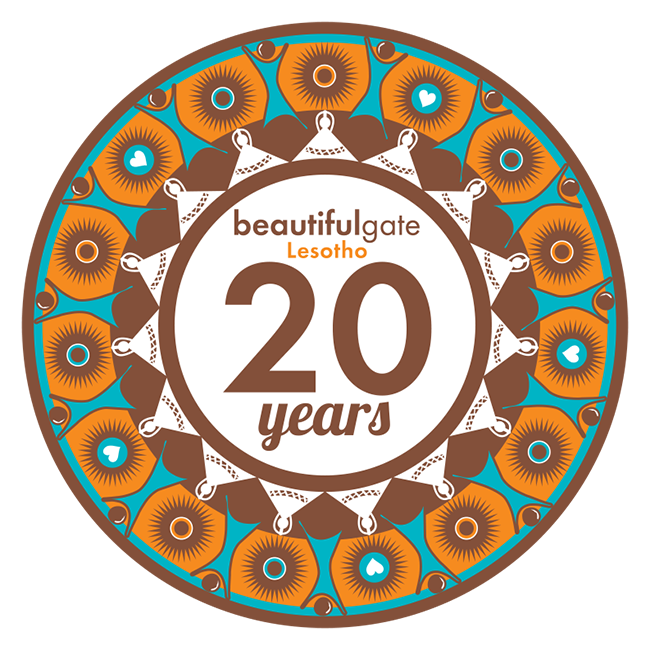About Lesotho
Lesotho, is a landlocked country completely surrounded by its only neighboring country, South Africa. It is just over 30,000 km2 (11,583 sq mi) in size and has a population slightly under two million. Its capital and largest city is Maseru and it is home to roughly 20% of the population. Maseru is the lowest point in the country, resting at about 1.6 km (1 mile) above sea level. Everywhere else in the country is higher in elevation and very mountainous, giving Lesotho the nicknames "The Mountain Kingdom" and "The Kingdom in the Sky." The remaining 80% of the Basotho people live in rural, mountain villages where agriculture and shepherding are very prevalent.
Lesotho is very challenged as a nation. The impact of the high rate of HIV/AIDS (25% of the population) has left many children without parents. With almost 30% unemployment, over half the population lives on less than $1.25 per day. With people struggling to provide for their families, children become expendable and are abandoned.
Communities in and around Maseru have been greatly impacted by the combined devastating effects of poverty, unemployment, and HIV/AIDS. The traditional community that embraced a culture of caring for one another has been largely eroded by the struggles mentioned above.
The city is grossly overpopulated with many coming from the mountains seeking employment and finding a culture very different from the one the Basotho have known for many years. Many wander the streets of Maseru seeking work and many family units have only one breadwinner providing for their needs. There are an estimated 350,000 orphans (18% of the population) living in Lesotho adding to an already burdened social structure.
One of our aims as Beautiful Gate Lesotho is to partner with native Basotho people in order to provide an opportunity for them to make an income and provide for their families. This, in turn, leads to orphans being cared for within a caring environment that promotes and encourages their Basotho tradition and cultural values. We currently have approximately 45 local staff caring for these vulnerable children.
It takes a community to raise a child.

